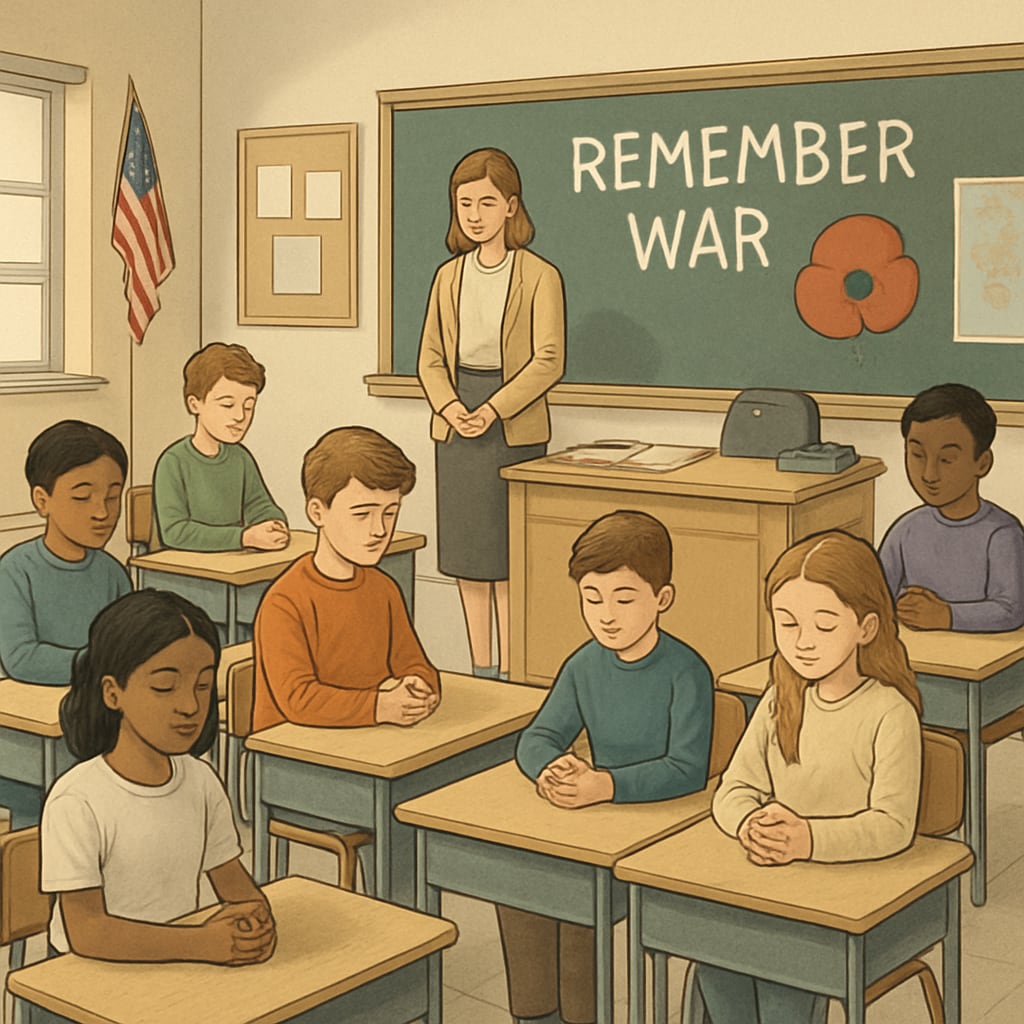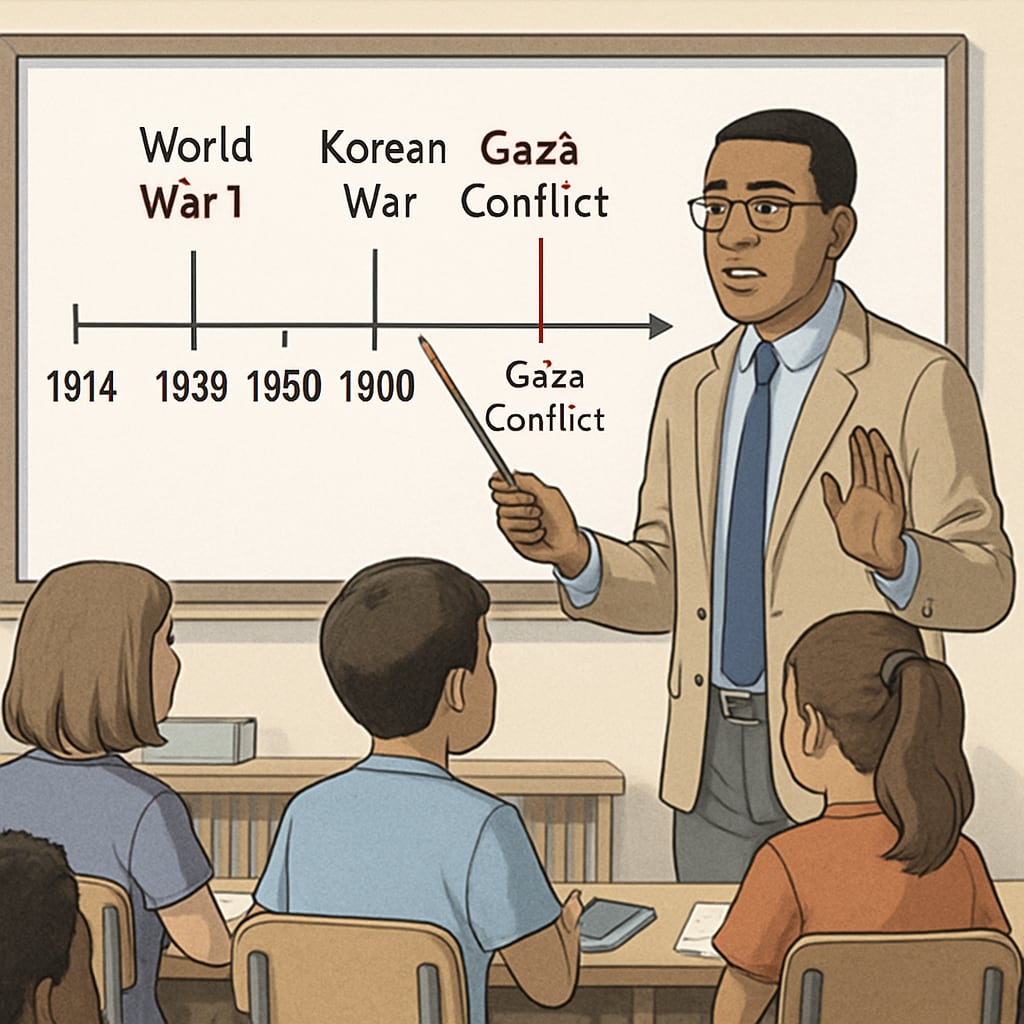When schools choose political neutrality in the face of humanitarian crises, they often adopt generalized approaches to sensitive topics. This phenomenon is evident in how many K12 institutions handle the ongoing Gaza crisis, opting for “moments of silence for all victims of war” instead of directly acknowledging the conflict. This method has sparked controversy, raising concerns about whether schools should avoid addressing politically charged events or take a clearer stance to foster critical thinking and moral courage among students.
The Challenges of Political Avoidance in Education
Schools often aim to shield students from divisive political debates, with the justification of maintaining neutrality and inclusivity. However, this approach becomes problematic when it sidelines specific global crises, such as the Gaza humanitarian tragedy. By broadening moments of silence to encompass “all victims of war,” schools risk diluting the focus on urgent issues, such as alleged instances of genocide or mass human rights violations. Critics suggest that such actions may inadvertently perpetuate ignorance or apathy toward critical global events.

For example, the Gaza crisis involves significant human suffering, including the loss of civilian lives and widespread displacement. Addressing it directly, rather than adopting vague references, would enable students to learn about the complexities of international conflicts, the ethics of warfare, and the importance of humanitarian responses. Avoiding specificity arguably undermines the role of education in creating informed global citizens.
Should Schools Take a Stand on Humanitarian Issues?
The debate over schools taking a stand on sensitive issues revolves around their role as institutions of learning rather than political actors. However, education inherently involves ethical dimensions, especially when teaching students about history, social justice, and international relations. Ignoring significant humanitarian crises like Gaza risks failing to instill moral sensitivity and critical thinking in students.

Many argue that schools should not shy away from difficult conversations. By discussing specific cases like Gaza openly, educators can foster empathy and intellectual engagement. Furthermore, addressing these topics helps students recognize patterns of injustice and understand global interconnections, preparing them to confront real-world challenges with clarity and compassion.
Balancing Political Neutrality and Ethical Responsibility
Maintaining a balance between political neutrality and ethical responsibility is crucial. Schools can approach sensitive topics like the Gaza crisis without endorsing political ideologies. For example:
- Providing factual, unbiased information about the crisis and its humanitarian impact.
- Encouraging open discussions that allow students to form their own perspectives.
- Integrating lessons on global human rights and ethics into the curriculum.
By taking these steps, schools can contribute to students’ intellectual and moral development without compromising inclusivity or neutrality.
Conclusion: The Role of Education in Shaping Global Awareness
The controversy surrounding schools’ approach to the Gaza crisis highlights broader questions about the role of education in addressing global issues. Political avoidance may seem convenient, but it risks hindering students’ understanding of complex humanitarian challenges. Schools have a unique opportunity—and ethical obligation—to cultivate informed, compassionate individuals capable of engaging with the world’s most pressing problems.
Rather than avoiding specific crises, schools should embrace their role in fostering critical thinking and moral courage, ensuring that students are prepared to navigate—and ultimately shape—a more just and empathetic world.


